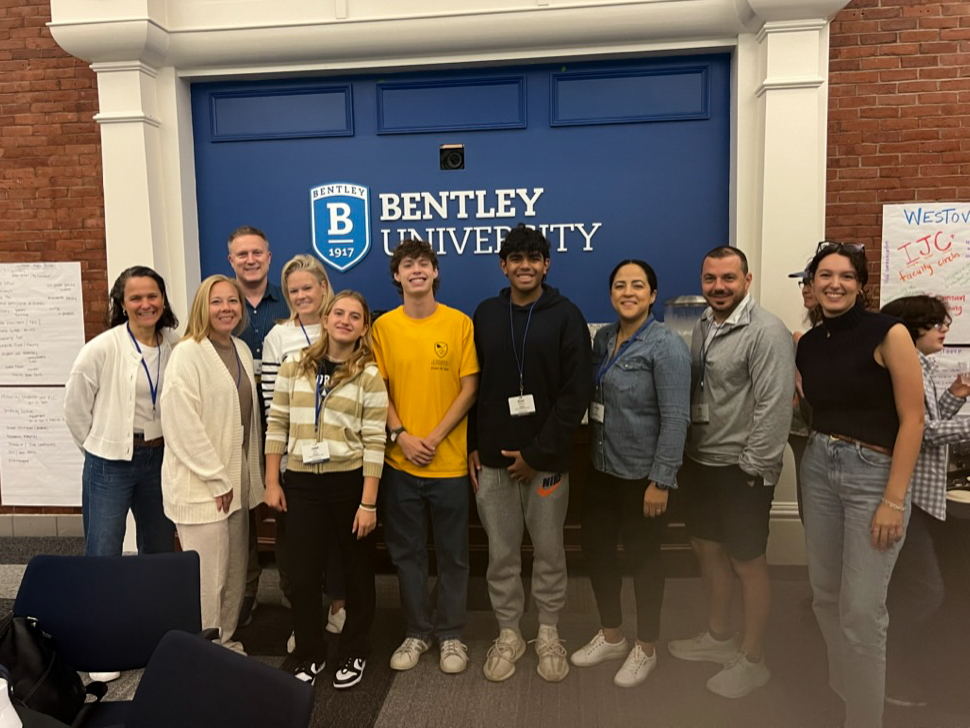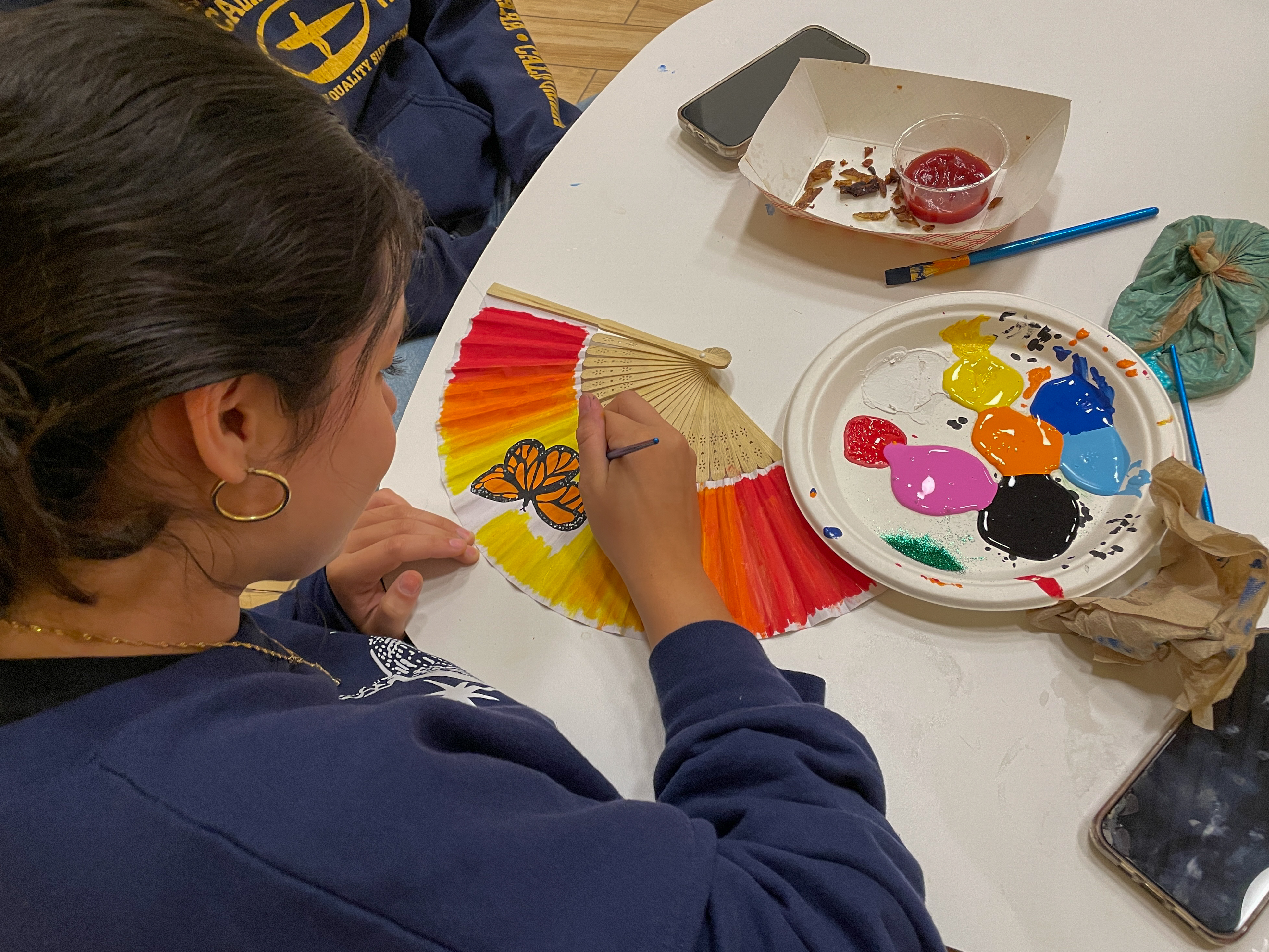While the kickoff of a new term is often the least stressful time for students, the first day of this year’s winter term was quite the opposite for teachers, coaches, and advisers, as it coincided with the due date for fall term reports.
Usually winter term begins the Tuesday after Thanksgiving, and faculty comments are due the Monday before, when there are no classes. This year, due to calendar shifts primarily relating to the dates of Thanksgiving and Christmas, classes needed to start on Monday in order to have enough school days in December. Mr. Kevin Rogers, Director of Studies, said, “Some of the faculty felt like there was a lot to do that Monday because comments were due at 2:00 p.m., and they were also teaching classes.”
Mr. David Loeb, an English teacher, agreed: “We tend to work, like our students, up until the due date. Thanksgiving is a working week and when we treat it as if it’s not a work week, we wind up running out of time. I got my reports and my grades in, but I got them in pretty close to the deadline.”
However, Mr. Will Nowak, a math and HPRSS teacher, said, “It was fine. I really don’t care much about the deadline. Like all things in life, I believe in the philosophy of slow and steady wins the race. I wrote some term comments on Monday, the first day of classes, but being aware of the deadline, which was given to us well in advance, it wasn’t too onerous.”
Ms. Katie Levesque, the Dean of Faculty, added, “Most faculty members were able to plan out their time accordingly, so that they would have the comments mostly done by Monday, and would only need to revise or edit for the Monday due date.”
The change in date brought attention to the effectiveness of the reports. Ms. Levesque noted, “The effectiveness of comments is a very important topic that we need to return to cyclically as a faculty.”
Gabby Garcia ’19 believes they are effective. She said, “They’re really constructive, and they give you advice on how to improve. Comments are a good add-on to the grade; it gives us an understanding as to why teachers gave us the grades they did.”
Mr. Rogers agreed, saying, “It’s a really nice complement to the grade, which is kind of stark.” He added, “When you a write a comment it helps you to think about the student.’”
However, math teacher Mr. Jake Dellorco said, “There’s definitely a lot of room for improvement. Right now comments are primarily for the parents. There are a lot of teachers who would like it to be more for the student. But at the same time, parents deserve that feedback.”
One way to orient comments more towards students is having one-on-one student-teacher conversations instead of only written reports. Mr. Rogers elaborated, “If you enacted a plan where teachers have a discussion with students instead of a written comment, they would be able to follow up with questions they had about what the teacher said, which would encourage dialogue. Maybe the best would be to have both a comment and a dialogue, but if you were to say which one is more valuable, there’s something to be said for the record of writing a comment.”
On the importance of written comments, Ms. Levesque added that they “play a role for advisers, deans, and the college counseling office. While your teachers may be able to sit down with you for a five-minute conversation, they wouldn’t necessarily be able to do that with all of their students’ advisers and deans.”
Another disadvantage of written term reports is the frequency and timing. Written term reports are released at the end of each trimester, allowing students only three opportunities for comprehensive feedback throughout the year. Mr. Nowak said, “It seems that less feedback more often would better help kids chart a successful course throughout their Choate career.”
Anselm Kizza-Besigye ’17 agreed, saying, “Comments could be more effective if they came at midterms. When I was abroad, the school that I was at did comments in the middle of the term, and I think that’s ultimately more useful. It’s good to know what you’ve done over a term, but if you know what you’ve been doing at the middle of the term, it’s possible to change the course of that term.”
Speaking to the role of comments in general, Mr. Nowak said, “If the goal is to improve student learning and development, there are tweaks that could be made to the system to make it better, but as it currently stands, it’s not wholly imperfect.” He concluded, “In term reports, I’m able to formally give substantive feedback, and I hope that my students read them and that they take seriously what I say.”




